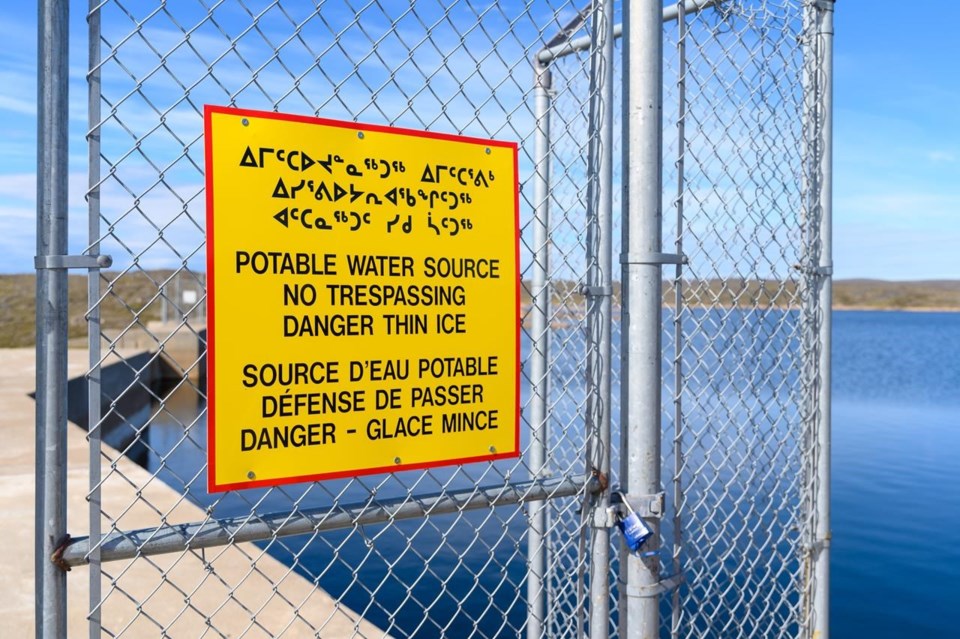IQALUIT, Nunavut — The Nunavut government has declared a two-week state of emergency over a water shortage in Iqaluit.
Joanna Quassa, the acting minister of community and government services, said Friday that it's meant to ensure the city can get necessary regulatory approvals to immediately begin replenishing its reservoir.
"We are committed to working with the City of Iqaluit to ensure water levels will meet the needs of the residents of Iqaluit through the upcoming winter," Quassa said in a statement.
The city declared its own state of emergency last week due to a lack of precipitation and flows into the Apex River, Iqaluit's secondary water resupply source, being at a 40-year low.
As a result, Lake Geraldine, which serves as the water reservoir for Iqaluit, would not be replenished before it freezes.
The city said it was working to get regulatory approval to pump additional water from the nearby Unnamed Lake into the Apex River, then into Lake Geraldine.
The city said it needs to pump more than 500 million litres of water.
Quassa says the territorial government is working closely with the city and has agreed to provide equipment to support the pumping operation.
There have long been concerns about whether the water reservoir can meet the needs of Iqaluit's growing population of more than 7,700.
The federal government committed more than $214 million in April to support a new reservoir and upgrades to Iqaluit's water distribution system. The city expects it will take four years before the project is complete.
This report by The Canadian Press was first published on Aug. 19, 2022.
— By Emily Blake in Yellowknife
---
This story was produced with the financial assistance of the Meta and Canadian Press News Fellowship.
The Canadian Press



